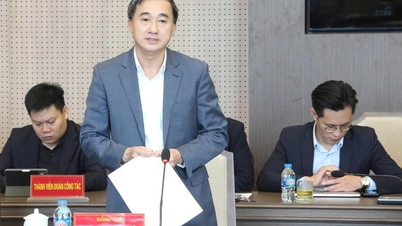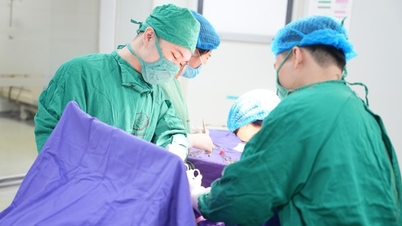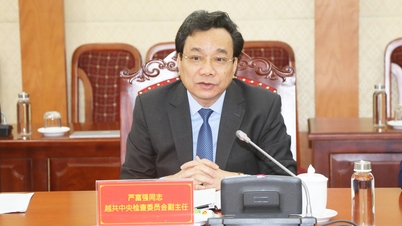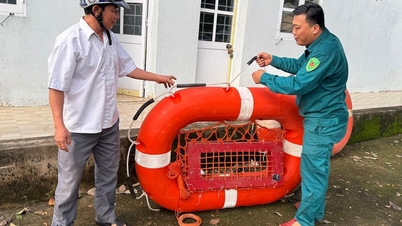That is, we are seriously lacking nurses, the force that plays a key role in the health system, from commune and ward levels to end-line hospitals. The nursing team is currently lacking in terms of quantity, structure, and professional quality compared to actual requirements and the general level. The whole country currently has only about 150,000 nurses, equivalent to 15 nurses/10,000 people. In terms of qualifications, college nurses account for nearly 50%, university 38-40%, and post-graduate only about less than 2%.
The shortage in both quantity and quality causes nurses to work at a very high intensity, with limited time for basic care, counseling, and psychological support for patients. According to a recent survey by the Ministry of Health , on average, a nurse in the intensive care unit has to take care of 3-4 patients/shift; sometimes there is not enough time to closely monitor developments, provide comprehensive care, and prevent medical incidents. In some hospitals, due to a lack of nursing staff, basic care such as support for personal hygiene, nutrition, and ulcer prevention must be done by the patient's family.
The above reality brings many consequences; creates a burden for the patient's family; potentially increases the risk of hospital infection. Nurses have to work in an overloaded state, on long shifts with high intensity, while their income and working conditions are not commensurate; the pressure is great and long lasting; stress and fatigue are inevitable. As for the patient's family, once in the hospital, almost everyone is always in a state of anxiety, tension, and fatigue. The only goal of the patient, the patient's family and the medical staff is to regain the patient's health and life. But when all sides are stressed, "tense as a bowstring", then conflicts erupt, which are sometimes uncontrollable and extremely regrettable.
To solve this problem, we must develop the nursing team; implement the target of Resolution 20-NQ/TW in 2017, which is to reach about 33 nurses/10,000 people by 2030. Develop appropriate job standards and positions, as a basis for increasing recruitment and arranging enough nurses at medical facilities. Prioritize enough nurses in key departments such as intensive care, emergency, neonatology, geriatrics... to carry out comprehensive patient care without having to mobilize support from patients' relatives. Continue to standardize nursing training levels, enhance training in communication skills, soft skills, professional ethics, promote the application of technology in patient care. Have regulations for nurses to be more proactive in implementing care instructions, promoting their professional role. Improve salary regimes, preferential allowances, and welfare for nurses. Ensuring material and spiritual life will help nurses work more effectively.
These fundamental solutions will certainly reduce pressure on all parties in medical facilities, so that all work together for the goal of protecting the health and lives of patients, so that unfortunate violent incidents in hospitals will no longer occur.
Source: https://baophapluat.vn/hoa-giai-tan-goc-van-nan-tan-cong-y-bac-si.html







![[Photo] Opening of the 14th Conference of the 13th Party Central Committee](https://vphoto.vietnam.vn/thumb/1200x675/vietnam/resource/IMAGE/2025/11/05/1762310995216_a5-bnd-5742-5255-jpg.webp)





























![[Photo] Panorama of the Patriotic Emulation Congress of Nhan Dan Newspaper for the period 2025-2030](https://vphoto.vietnam.vn/thumb/1200x675/vietnam/resource/IMAGE/2025/11/04/1762252775462_ndo_br_dhthiduayeuncbaond-6125-jpg.webp)








































































Comment (0)